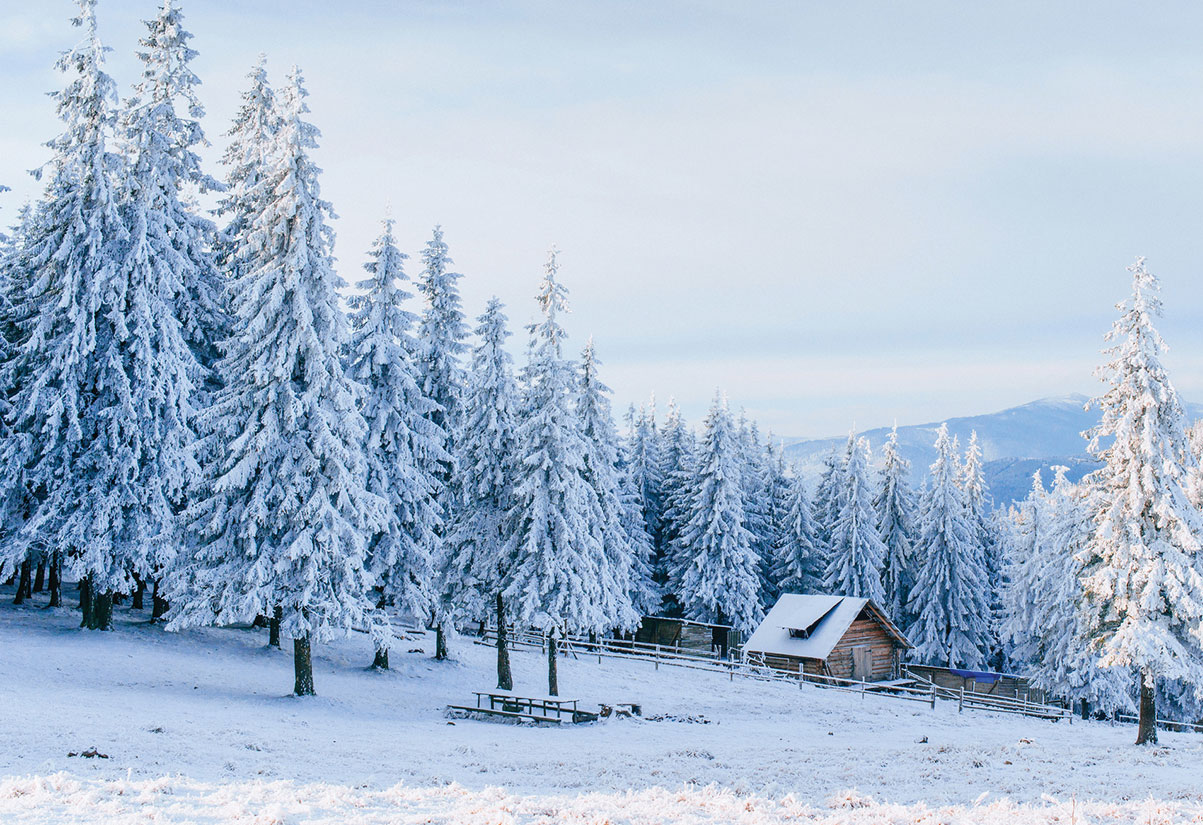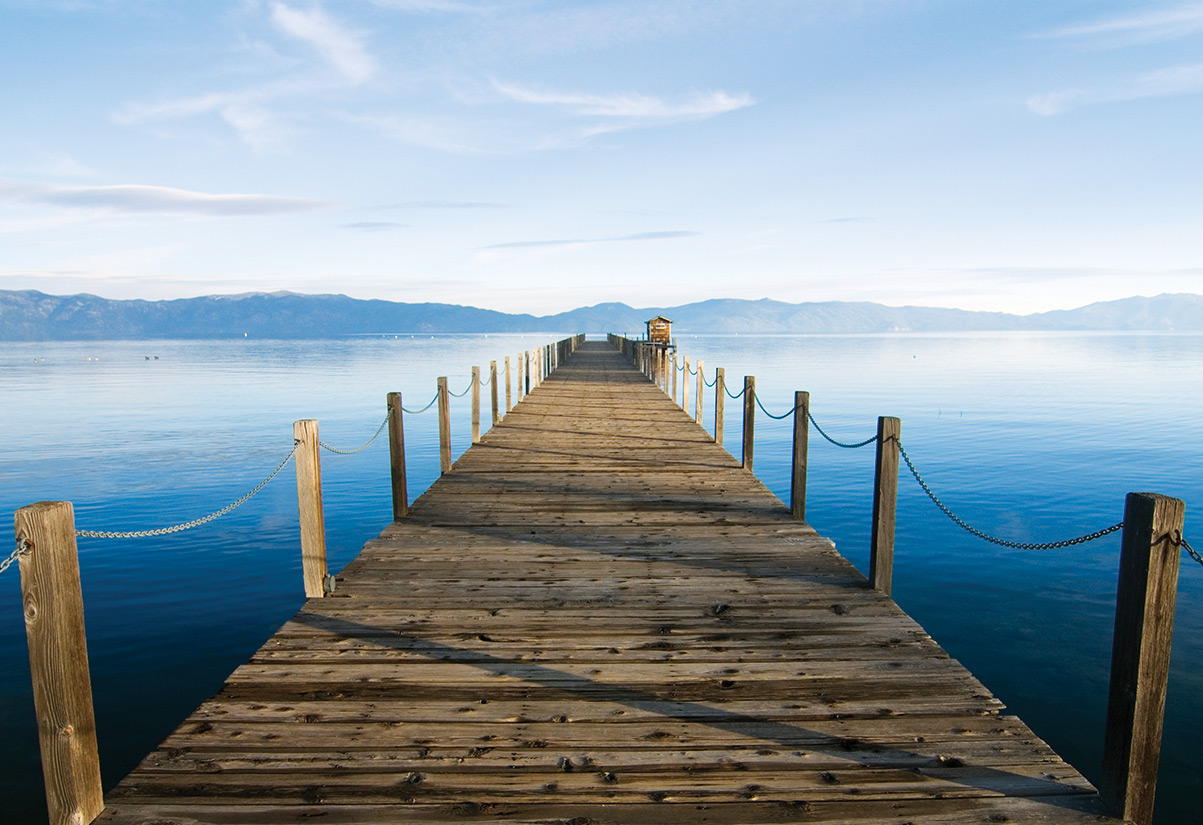Placer County STR Permit Inspection Information
When renting your property for less than 30 days in Placer County, you will need a short term rental (STR) permit. All new applicants and current STR permit holders will need a passing FLS (Fire, Life, Safety) and Defensible Space inspection by 4/1/2024.
Inspectors will examine both the interior and exterior for fire safety at time of permit renewal. If you do not have both passing inspections at the time of renewal your permit will not be renewed. You will have to reapply once your inspections are completed.
The below information, while not exhaustive, explains what Placer County inspectors will be examining when they come to your property. Please click here for more information about STR permits in Placer County.
Fire and Life Safety (FLS) Inspection
- Visible Address. Each short-term rental shall have an address identification. The address identification shall be legible and placed in a position that is visible from the street or road fronting the property.
- Smoke Alarms. Smoke alarms, in good working order, shall be installed in accordance with the California Building Code and at a minimum shall be installed in each bedroom, and at least one alarm on every level of the short-term rental, including basements and habitable attics.
- Carbon Monoxide Alarms. Carbon monoxide alarms, in good working order, shall be installed in accordance with the California Building Code and at a minimum shall be installed outside each bedroom, on every level of the rental unit, including basements and habitable attics, and bedrooms or attached bathrooms with a fuel burning appliance, and shall be installed in accordance with the manufacturer’s installation instructions.
- Fire Extinguisher. Each short-term rental shall be equipped with one five-pound fire extinguisher, type 3- A:40-B:C, installed at a readily available location near the kitchen. If the short-term rental has more than one level, an extinguisher must be mounted within each level. Fire extinguishers shall be inspected annually by a certified professional to ensure the extinguishers are in good working order. Fire Department note: Extinguishers should also include the tag/receipt that shows when it was last inspected.
- Emergency Communications. Each short-term rental unit shall contain at least one working landline phone or Voice Over Internet Protocol (VOIP phone with battery backup).
Fire Safety Inspection
- Grills and Barbeques. Grills and barbeques are not permitted beneath a potentially flammable source including trees, umbrellas, decks, or other appurtenant structures, and shall be no less than ten (10) feet away from a structure or as far as can be accommodated and any flammable materials. Charcoal grills of any type are strictly prohibited. Guests shall not bring personal grills and barbeques to the short-term rental; only those provided with the short-term rental are permitted to be used as installed.
- Outdoor Fireplaces. No open wood burning pits, bonfires, or campfires are permitted to occur at short-term rentals. Natural gas/propane burning fireplaces and fire pits with twenty (20) pound tanks or smaller are acceptable outside provided the device is at least ten (10) feet from a structure and any flammable materials and is existing at the short-term rental. Guests shall not bring personal fireplaces or firepits to the short-term rental.
Click Here for More Information
Defensible Space Inspection
Defensible space is how you create a buffer between a building on your property and the grass, trees, shrubs, or any wildland area that surround it.
Zone 0 extends 5 feet from the building and decks and should be an Ember Resistant Zone. This zone includes the area under and around all attached decks and requires the most stringent wildfire fuel reduction. The ember-resistant zone is designed to keep fire or embers from igniting materials that can spread the fire to your home. The following provides guidance for this zone:
- Use hardscape like gravel, pavers, concrete and other noncombustible mulch materials. No combustible bark or mulch.
- Remove all dead and dying weeds, grass, plants, shrubs, trees, branches and vegetative debris (leaves, needles, cones, bark, etc.); check your roofs, gutters, decks, porches, stairways, etc.
- Remove all branches within 10 feet of any chimney or stovepipe outlet.
- Limit plants in this area to low-growing, nonwoody, properly watered and maintained plants.
- Limit combustible items (outdoor furniture, planters, etc.) on top of decks.
- Relocate firewood and lumber to Zone 2.
- Replace combustible fencing, gates and arbors attach to the home with noncombustible alternatives.
- Consider relocating garbage, recycling containers, boats, RVs, and vehicles outside this zone.
Zone 1 The Lean, Clean and Green Zone extends 30 feet out from buildings and decks.
- Remove all dead plants, grass and weeds (vegetation).
- Remove dead or dry leaves and pine needles from your yard, roof and rain gutters.
- Remove branches that hang over your roof and keep dead branches 10 feet away from your chimney.
- Trim trees regularly to keep branches a minimum of 10 feet from other trees.
- Relocate wood piles to Zone 2.
- Remove or prune flammable plants and shrubs near windows.
- Remove vegetation and items that could catch fire from around and under decks, balconies and stairs.
- Create a separation between trees, shrubs and items that could catch fire, such as patio furniture, wood piles, swing sets, etc.
Zone 2 is the Reduce Fuel Zone and extends beyond 30 feet from buildings and decks.
- Cut or mow annual grass down to a maximum height of 4 inches.
- Create horizontal and vertical space between shrubs and trees.
- Remove fallen leaves, needles, twigs, bark, cones and small branches. However, they may be permitted to a depth of 3 inches.
- All exposed wood piles must have a minimum of 10 feet of clearance, down to bare mineral soil, in all directions.
- Propane tanks require 10 feet of clearance away from flammable material and trees.
Click Here for More Guidelines and Information
Download A Fire Safety Checklist Here
If you are renting your home as a ski lease or long term rental, you will not need a STR permit. We provide property management services for vacation rentals, ski leases and long term rentals and also offer real estate sales services. Contact us today for more information about renting, buying or selling your home at Lake Tahoe.




